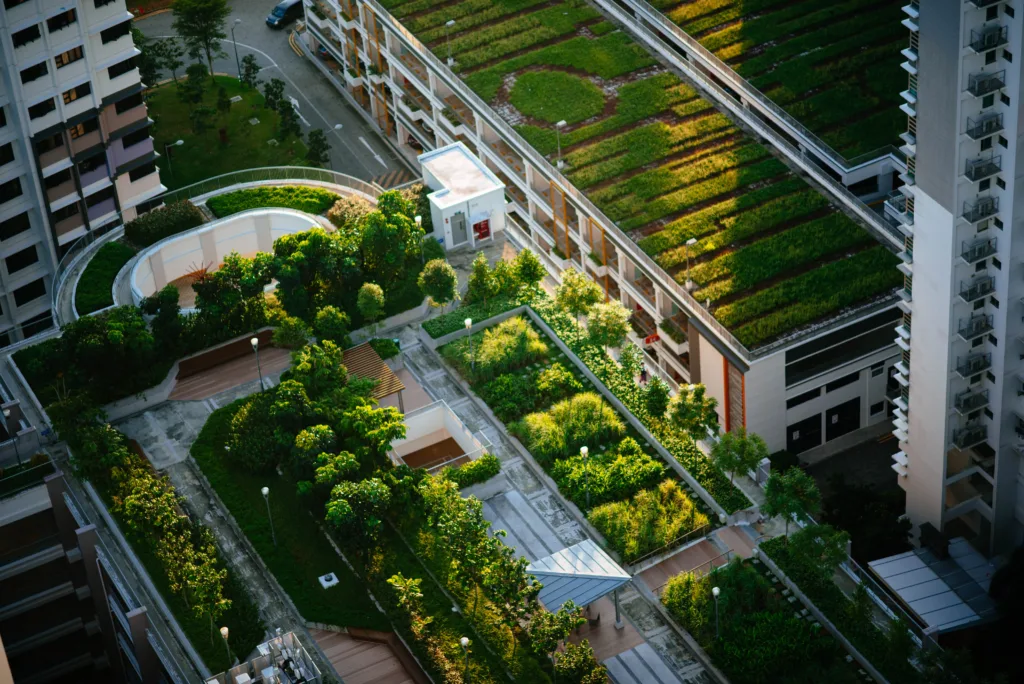Introduction
Urban gardening has emerged as a popular trend in cities across the globe. With limited space, pollution, and the hustle and bustle of city life, one might wonder how gardens fit into the urban landscape. This post will delve into the numerous benefits of urban gardening and how you can start one in your own city space.
Environmental Benefits of Urban Gardening

Reduce Your Carbon Footprint With an Urban Garden
Plants absorb carbon dioxide and release oxygen, making them natural air purifiers. With more gardens in cities, we can offset some of the pollutants in the air.
Lowering Urban Heat
Concrete and asphalt absorb heat, causing cities to become much hotter. Gardens help to lower urban temperatures by providing shade and through the process of transpiration.
Urban Gardens Promote Biodiversity
Urban gardens can be a haven for pollinators, birds, and other wildlife, increasing biodiversity in urban areas.
Social and Community Benefits of Urban Gardening
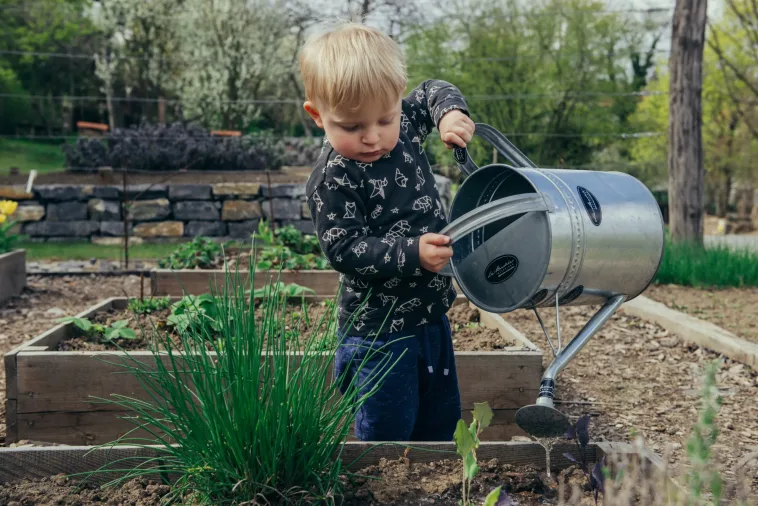
Build Strong Community Bonds
Shared community gardens can become places where neighbors bond, share gardening tips, and cultivate a sense of belonging.
Provide Educational Opportunities
They offer excellent hands-on opportunities for children and adults alike to learn about botany, ecology, and the environment.
Health and Well-being Advantages of Urban Gardening
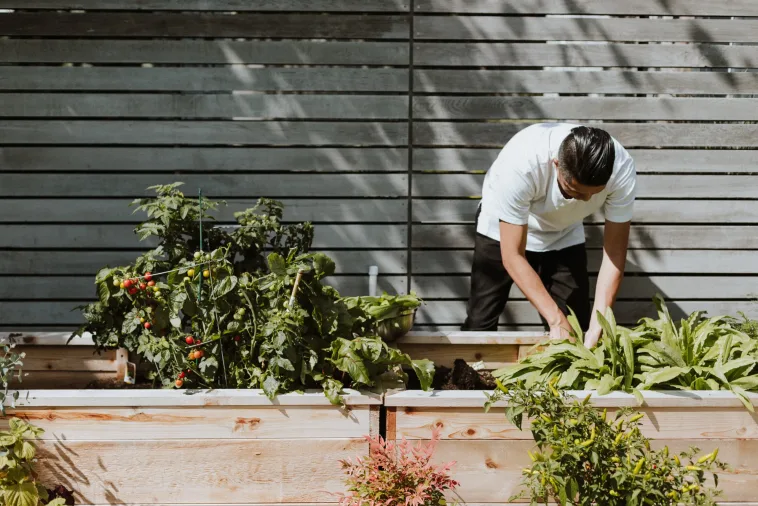
Physical Health Benefits of Urban Gardening
Exercise Benefits
Gardening involves physical activity which can improve cardiovascular health and flexibility.
Nutritional Value
Consuming home-grown produce ensures you get fresh and chemical-free food, which can boost overall health.
Mental Health
Stress Reduction
The act of gardening can be therapeutic and reduce cortisol levels.
Cognitive Benefits
Some studies suggest that regular gardening can reduce the risk of dementia.
Economic Benefits of Urban Gardening
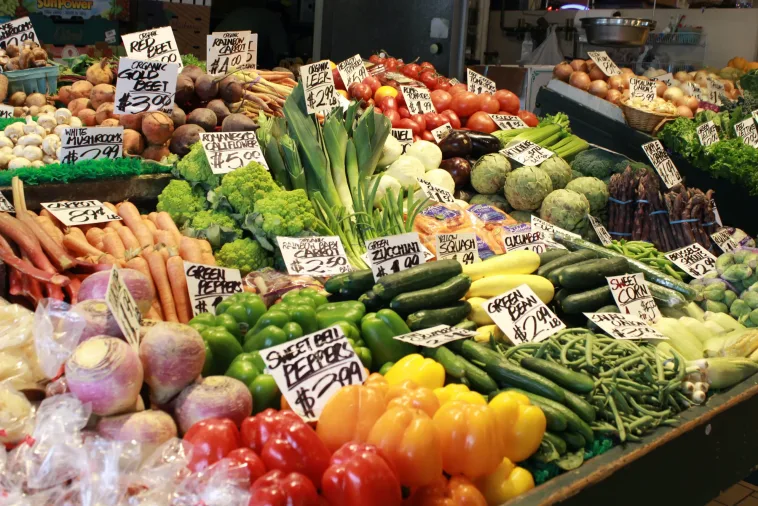
Cost-effective Produce
By growing your own fruits and vegetables, you can save money in the long run, as you don’t have to buy them from the store.
Boosting Property Value with an Urban Garden.
Aesthetic Appeal
Well-maintained gardens can increase the aesthetic value of a property.
Return on Investment
Properties with gardens can often fetch higher resale values due to the added appeal.
Tips to Start Your Own Urban Garden
Starting you own urban garden can be accomplished in a weekend. You can visit your local hardware and gardening supply store for most everything you need.
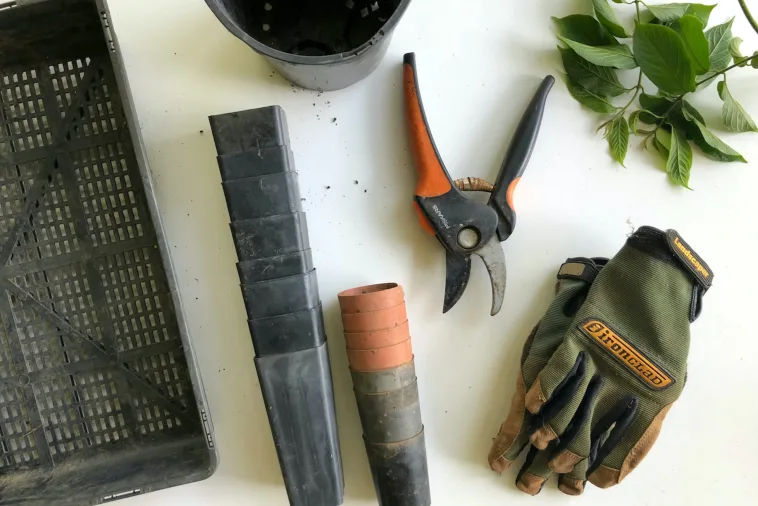
Choose the Right Plants for Urban Gardening
The key to a successful urban garden is understanding the unique challenges and advantages of your space and choosing plants that are well-suited to thrive in that environment.
Here are some plants that are well-suited for urban gardening:
- Lettuce and Leafy Greens: These are easy to grow in shallow containers, making them perfect for balconies and small spaces.
- Tomatoes: Dwarf or determinate varieties are better for limited spaces and can be grown in pots.
- Radishes: They have a quick growing cycle and don’t require much depth.
- Peppers: Both sweet and hot peppers can thrive in containers.
- Beans: Pole beans can be grown vertically, making them space-efficient.
- Kale: This nutrient-rich vegetable can handle varying levels of sunlight.
- Spinach: Another leafy green that’s simple to grow and doesn’t require much space.
Utilize Vertical Space
If space is a limitation, think vertically. Use wall mounts, trellises, and hanging pots.
Monitor Sunlight and Water
Urban environments often come with unique challenges such as limited space, variable sunlight due to tall buildings, potential pollution, and possibly poor-quality soil.
Before you choose plants, observe the amount and intensity of sunlight your space gets.
Conclusion
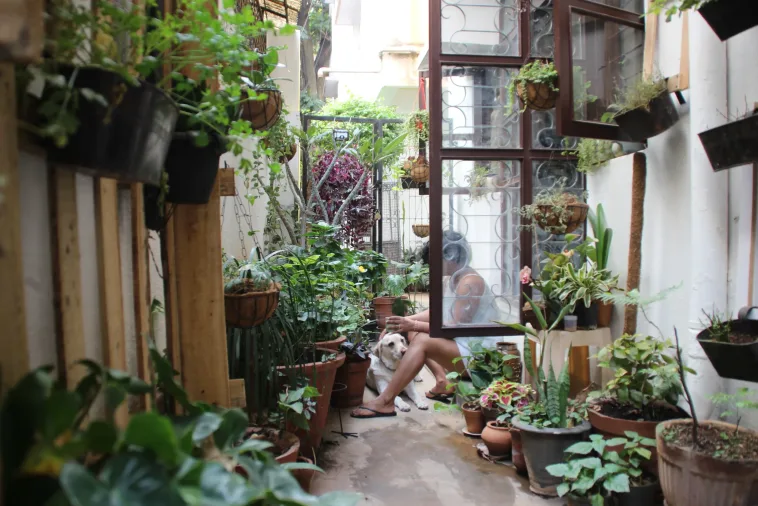
Urban gardening is not just a hobby; it’s a movement towards a greener, healthier, and more community-driven urban lifestyle. Whether you have a balcony, rooftop, or a small yard, urban gardening is possible and beneficial in many ways. Start your garden today and reap the numerous rewards! Learn more on how to start your own urban garden here.
